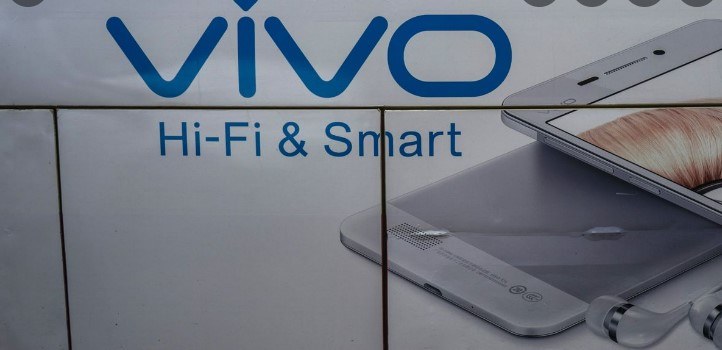Virendra Pandit
New Delhi: In a sensational disclosure, the Enforcement Directorate (ED) of the Ministry of Finance has accused Vivo India of trying to challenge the sovereignty and integrity of the country.
In an affidavit filed in the Delhi High Court last week, it said the Indian subsidiary of the Chinese company indulged in money laundering to destabilize the financial system and challenged the integrity and sovereignty of the country.
Of the total sale proceeds of Rs 1,25,185 crore, Vivo India remitted Rs 62,476 crore. i.e., almost 50 percent of the turnover out of India, mainly to China.
The anti-money laundering agency said it was scanning the suspicious financial transactions of 22 firms owned by Hongkong-based foreigners and entities. These firms transferred huge amounts of money to China.
The ED disclosed Vivo India incorporated 22 firms in different states which allegedly laundered money. The Delhi-based chartered accountants’ firm helped Vivo India incorporate these 22 firms. It was in touch with Vivo India since 2014 and had also helped to incorporate a J&K-based firm.
The ED is probing a money laundering case against this firm, Grand Prospect International Communication Pvt Ltd (GPICPL), Vivo India’s Jammu and Kashmir-based distributor, which was reportedly incorporated based on forged documents and claiming to be a subsidiary of Vivo India. The company used the email peter.ou@vivoglobal.com, which indicates a connection with Vivo India, and it is in the Ministry of Corporate Affairs record.
Earlier, Vivo India had said they were following all the rules of the land of India.
Chinese smartphone company Vivo’s top executives, directors Zhengsheng Ou and Zhang Jie, had fled from India via Nepal.
In February, the ED started a Prevention of Money Laundering case against them based on an FIR lodged with Kalkaji Police Station of Delhi under sections 417, 120B, and 420 of IPC, 1860 against GPICPL and its Director, shareholders, and certified professionals, etc based on a complaint filed by the Ministry of Corporate Affairs.
As per the FIR, GPICPL and its shareholders had used forged identification documents and falsified addresses at the time of incorporation. They found the allegations true as the investigation revealed that the addresses mentioned by the directors of GPICPL were actually a government building and the house of a senior bureaucrat.

